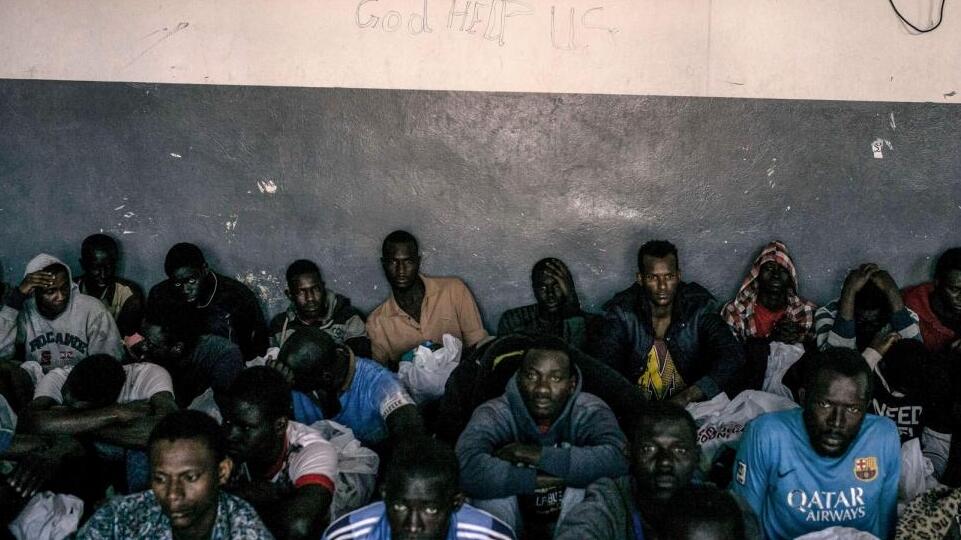
Libya: UN investigation into systemic torture in prisons
Libya, a country where chaos seems to have become the norm, is once again attracting the world’s attention. This time, it is the systemic abuse in its prisons that is shocking consciences, prompting the UN to open an investigation. Serious allegations of torture and inhumane treatment in penal institutions paint an already bleak picture of Libyan governance. So what lies behind these walls of iron and concrete? Let’s explore this minefield.
Prisons: a place of suffering
Prisons in Libya often appear to be torture chambers rather than places of rehabilitation. According to disturbing testimonies, detainees are subjected to intense physical and psychological violence, a situation that is not only an aberration, but is becoming routine. The UN has indicated that it plans to conduct an investigation to shed light on these allegations, tackling a reality that many prefer to ignore. Because who really cares about the suffering of prisoners in a country that oscillates between anarchy and semi-governance?
Inaction: an accomplice to barbarism
The Libyan authorities have failed to establish a proper justice system, allowing prisons to become souks of horror. Human rights organizations regularly point out the lack of treatment of prisoners and the impunity of prison officers. A situation that not only denotes a failure of institutions, but also calls into question the political will to improve the living conditions of these victims. Between denial and blindness, the government seems to be an accomplice in its inaction. What message does this send to the population and the international community?
A necessary but insufficient investigation?
While the opening of a UN investigation is a breath of fresh air amid so much darkness, a crucial question remains: what happens next? Investigations sometimes leave a bitter taste in the mouths of victims, as they are often followed by years of waiting, broken promises, and ignored recommendations. Libyans inside and outside the country yearn for real change, but investigations alone will not be enough to eradicate the culture of impunity and bring about meaningful justice.
In short, Libya is at a crossroads. The ball is in the decision-makers' court, but will we have the courage to face the reality of prisons this time? Only time will tell, but it is certain that it is high time to initiate a real revolution of hearts and mindsets if we aspire to a better tomorrow.



Leave a comment
This site is protected by hCaptcha and the hCaptcha Privacy Policy and Terms of Service apply.